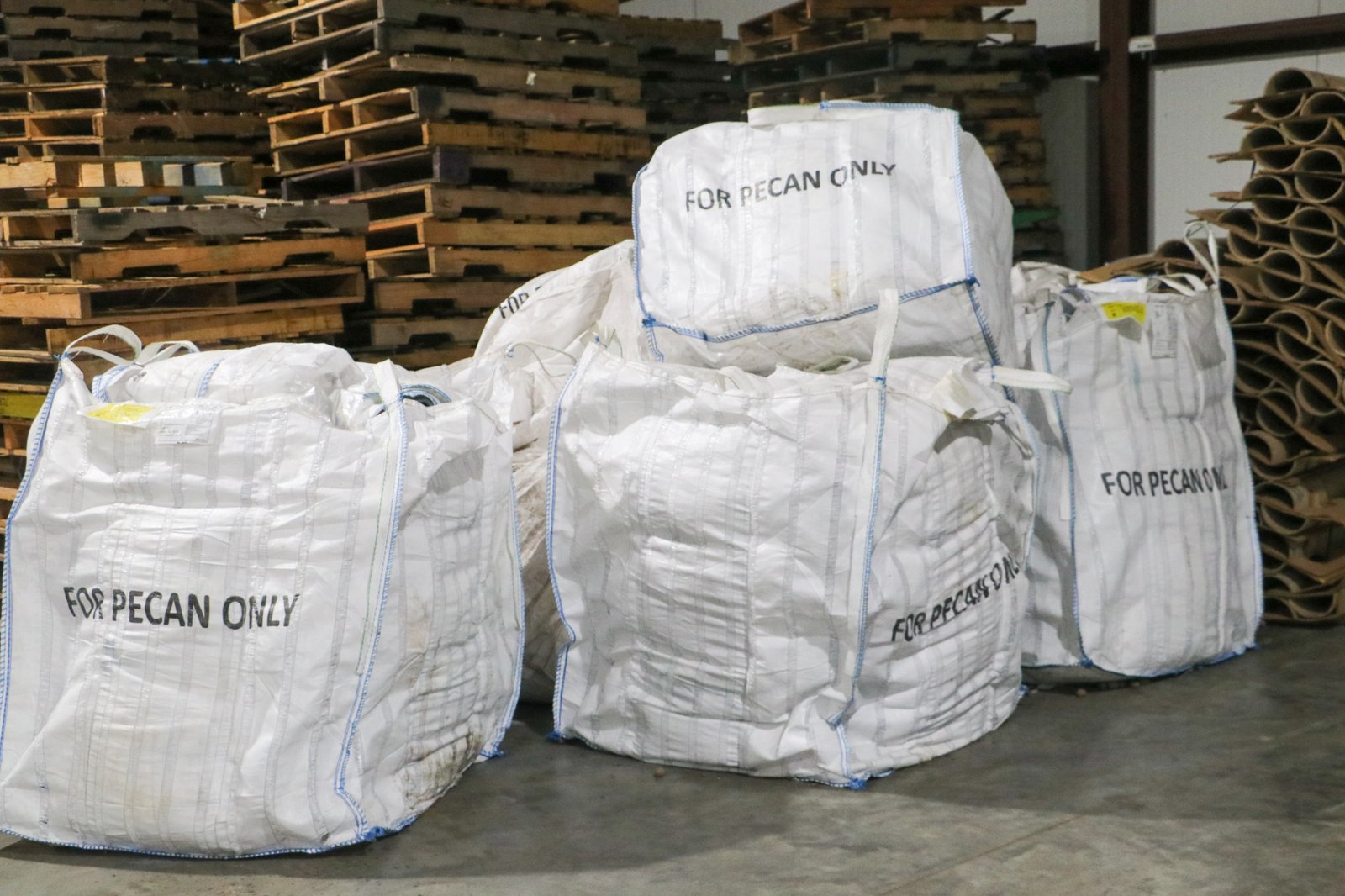
By Arezki Amiri | Dalily Galaxy | July 16, 2025
In February 2025, the U.S. Department of Agriculture (USDA) became the focal point of a high-stakes controversy that has set alarm bells ringing across the nation. At the center of it all? A dramatic reduction in workforce—6,000 employees, to be exact.
While the news of mass layoffs typically doesn’t make for front-page headlines, the ripple effects of this particular decision have sent shockwaves far beyond Washington D.C. What’s more, these layoffs are starting to have very real, and potentially dangerous, consequences for U.S. agriculture, food security, and the economy. But what exactly has been cut, and why does it matter?
A Severe Cut to Expertise: What’s Been Lost?
According to Wired, the USDA wasn’t just shedding staff. These weren’t your typical office workers. The agency has let go of highly trained individuals – inspectors, entomologists, disease-sniffing dog trainers—many of whom had specialized knowledge and years of experience. These professionals were critical in safeguarding the nation’s food supply, ensuring agricultural imports were free from pests and diseases that could devastate crops.
Take the National Dog Detection Training Center, for example. This was a place where beagles and Labradors were trained to detect invasive specieslike the Giant African land snail, a mollusk that poses a serious threat to Florida’s agricultural industries. As one former employee pointed out, the loss of even one such dog—and the expertise behind its training—could make the difference between catching a pest at the border or watching it infest American farms. The impact isn’t just theoretical. It’s happening right now.

It’s All About the Port Crisis
When you consider the sheer volume of goods flowing through U.S. ports, the role of the USDA’s inspection staff becomes clear. Ports like Los Angeles and Miami handle millions of tons of goods each year, much of it agricultural. With 6,000 USDA staff cuts, including a sharp reduction in the Plant Protection and Quarantine teams, the fallout is immediate. In some cases, ports lost as much as 35% of their inspection workforce, significantly slowing the process of screening incoming imports.
What does that mean for the average American consumer? Simply put, more risk. Less inspection means more food could spoil on arrival, or worse, dangerous pests might slip through the cracks. These aren’t just theoretical threats; invasive species like the Asian longhorn beetle and spotted lanternfly could have catastrophic consequences for U.S. agriculture. The already fragile food supply chain is now at even greater risk, creating a perfect storm of supply disruptions and economic consequences.
Higher Prices, Less Food
The economic implications of these cuts are already becoming apparent. Supply chain disruptions are never good for prices, and fewer inspections mean that food could be left to rot while it waits for clearance at the ports. Experts warn that these delays will likely lead to higher grocery prices—especially in smaller towns and rural communities that are more vulnerable to supply chain disruptions.
But the problem doesn’t stop with food. Shipping containers, which are supposed to quickly move between ports, are now sitting idle. The backlog means these containers aren’t being reused quickly enough for other goods, creating further bottlenecks in the global supply chain. These ripples are already being felt in other sectors, too, as delays in one area inevitably cause ripple effects elsewhere.
A Legal and Political Tug-of-War
As the disruption continues, legal battles have begun over the fate of the fired employees. While two federal judges have ruled that some workers should be reinstated, the Trump administration has made it clear that it will fight these rulings. White House press secretary Karoline Leavitt even described the decisions as “absurd and unconstitutional.”
At this point, it seems like the case is as much about political ideology as it is about the practical implications of the cuts. For now, USDA employees remain in limbo, unsure whether their reinstatement will be more than just a fleeting hope. Meanwhile, the clock is ticking—and the consequences for U.S. agriculture grow more severe by the day.
What’s Next for U.S. Agriculture?
This situation is about much more than just one government initiative. The USDA cuts raise important questions about the future of U.S. agricultural security. As invasive species become a more significant threat, and food security teeters on the edge, the impact of these layoffs will reverberate far beyond food prices.
We’re witnessing a delicate balancing act between government efficiency and public safety—and the consequences of getting it wrong could be catastrophic. Whether these cuts will ultimately be reversed or stand as a testament to a new era of government efficiency remains to be seen. One thing is certain: the stakes are incredibly high.
Please consider supporting open, independent journalism – no contribution is too small!









Everything this administration does is politically motivated and lack any well grounded reasoning. And, sadly, each and every one of us is subject to the devastating consequences of their ignorance and disregard for others.